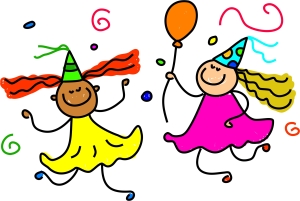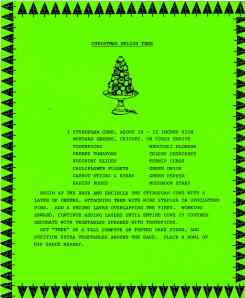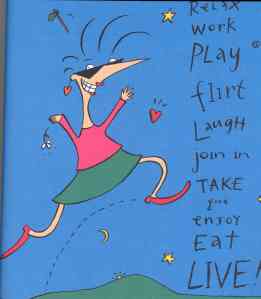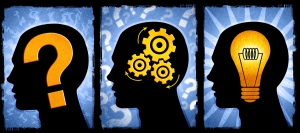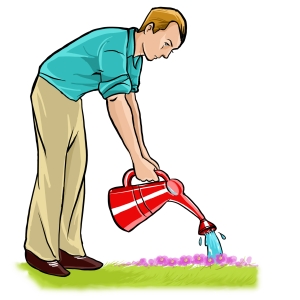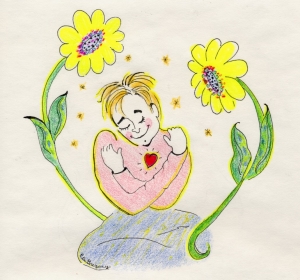by Bob Wilson
Discover compassionate self-care as I get help!

Earlier in my life I lost 240 pounds and have kept it off for 50 years. I found that success at losing weight and keeping it off require learning a series of new skills. I found some of the same skills also help me manage my Parkinson’s! I’ve had Parkinson’s for over six years.
Practicing self-love, compassion, and acceptance allowed me to ask for help. I need a life and medical team: My primary care MD, neurologist, Parkinson’s PT and regular physical therapist, occupational therapist, complementary therapies, lifestyle coach and/or mental health professional, spiritual help, and Parkinson’s educational resources. Holy petunias!
Self-care also involves making great tasting, healthful eating a priority and finding time for consistent enjoyable physical activity. I began to feel the power to celebrate the inner strength and sense of well-being that come from allowing my body to experience the joy of movement and healthful good tasting foods. I make these things a priority.
Another KEY was to learn the skills for emotional nurturing. These skills helped me transform emotional eating and low self-esteem, discouragement and fear. I learned to celebrate my life! I became a compassionate and loving friend — to me! To help me do this I needed counseling and support groups. They were invaluable!
The result of my practicing all of these skills was to help the quality of my life to improve, and my symptoms were greatly lessened. Yeah whoopee! Cultivating life-long vitality: Learning and practicing all these skills has brought to me friskiness and well-being throughout all of the seasons of my life. Parkinson’s is managed, not cured. It’s an ongoing investment in me. Making the investment in myself has paid rich dividends! Hugs and love-Bob
Check out Facebook for expanded ideas and to see lovely color posters: https://www.facebook.com/media/set/?set=a.175705648998.123859.175694603998

Gratefulness Embraces Parkinson’s
Grateful: A song of love to the world! https://www.karmatube.org/videos.php?id=4460
Fatigue in Parkinson’s: For me this last year this has been my most challenging symptom. Explore here: https://www.youtube.com/watch?v=Ei_k6xUdxBA (Location of video at 46 minutes discusses treatment of fatigue.)
FREE practical E-book by DR Friedman: A free BrieF Guide To Parkinson’s Disease for Patients and Family with video illustrations (Does explore fatigue): https://play.google.com/store/books/details/A_Free_Brief_Guide_to_Parkinson_s_Disease_for_Pati?id=DpnODwAAQBAJ&hl=en_US&gl=US&pli=1
Use an App to track your PD symptoms progression and reversal over time: https://www.youtube.com/watch?v=Q0EUGrB-G2Y (Search for Parkinson’s Symptom Tracker Pro-PD-Report on Apple- https://pd-symptoms.com/ ) Generates a PDF file that you can share with MD. See video on “What do successful people do to slow down PD progression? https://www.youtube.com/watch?v=LdpfNnnAzKI
When life gives you Parkinson’s-the possible value of light therapy in PD: https://www.youtube.com/watch?v=HCauYDFWNVI
SYMBYX BIOME light therapy: https://www.youtube.com/watch?v=rubtUl_FDt4
I LEARNED NEW SKILLS TO HELP ME TRANSFORM AND MAINTAIN MY LIFE:
Bob’s website: www.balancedweightmanagement.com
Bob’s BLOG: www.nutribob.wordress.com
Your life is your garden. Over time, what you plant is what you get.
Small Baby Steps Lead To Success!
Mindfulness-Meditation-Slowing Down-Eat with Awareness-Check In.pdf
Managing the Emotional Pain of Chronic Illness
CELEBRATE STEPS TO VIBRANT AGING SLIDE SHOW.pdf
Help! I’m movin’ too fast! I need to slow down.
21 Steps to Aging Successfully
2019 SACRED EATING WORKSHOP-CHOZEN BAYS.pdf
Getting to Know Your Stress and How to Management It
Paint Your Life with Creativity!
Learning Healthy Mental Skills
Mental Nutrients: What To Say To Yourself
Cognitive Behaviour Therapy – how it can help
Develop Your Own Loving Inner Voice!
How to Develop a Loving Relationship with You
Loving-Kindness: Learn to Befriend Ourselves and Others
Meditation-Why And How It Works
Exercising with Health Challenges
The Anatomy Of Persistance-How To Keep Going!
Parkinson’s Many Varied Exercises on line: https://www.dailydosepd.com/ Free trial. By a PT who specializes for PD
Self-Nurturing Restorative Box
Coping With Caregiving- A Caregiver’s Guide
Do You Experience Overwhelming Circumstances?
Therapeutic Help for the Journey
BEFORE YOU CONSIDER TAKING MEDICINE FOR PARKONSON’S–YOU MIGHT CONSIDER:
Alternative Parkinson’s Asian management: https://pdrecovery.org/ and https://pdrecovery.org/welcome-continued/
Parkinson’s Recovery Project: Stuck on Pause is provided here for free download. Download “Stuck on Pause” PDF.
TREATMENTS FOR PARKINSON’S:































